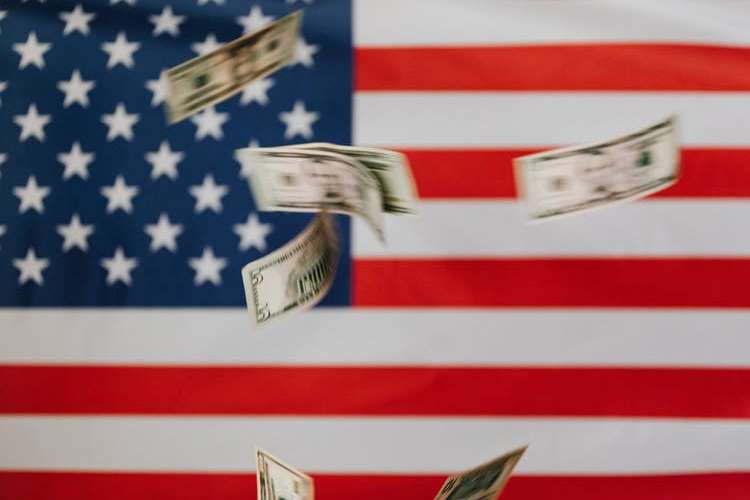How A Country Loses Its Currency Reserve Status

Image Source: Pexels
The U.S. dollar enjoys the world reserve currency status due to numerous factors. Legal and investor security, an open and transparent market, as well as independent institutions with checks and balances that limit political power and strengthen the country’s currency in relative terms.
No, a country does not have a world reserve currency due to military power. No one accepted the kopek when the Soviet Union ruled half the world. For a fiat currency to be a world reserve it needs to be widely accepted as a unit of measure, method of payment, and reserve of value.
The problem is that all the above may be under threat.
Increasing pressure from politicians is threatening the reserve of value status of fiat currencies, and the political threat is not only against monetary authorities, but aimed at all institutions that provide independent checks and balances that limit political imposition.
When politicians talk about the “social use” of money, what they are basically saying is that you will suffer higher inflation for longer. It means using the currency to disguise massive fiscal imbalances under the illusion that citizens will always have to use the local currency. It makes no sense.
A fiat currency, like any other good or service, is subject to supply and demand. Excessive supply is damaging its purchasing power the same way that excessive supply lowers the price of a good, but weakening demand added to rising supply leads to the collapse of the currency.
The moment that politicians stop defending the reserve of value status of their currency they are destroying the country they promise to defend. Destroying the currency is the first sign of the decline of a nation.
The rulers of the state never think that it will end because the process is slow until it suddenly accelerates with hyperinflation and the state crumbles. This happens when neither domestic nor foreign citizens will accept the state currency as a means of payment and reserve of value. It erodes slowly, and the collapse happens fast.
Countries lose their currency demand when governments attack the reserve of value status and the independence of its institutions under the perception that nothing will change. Assessing the patience of foreign and domestic users of a currency always ends badly.
However, political powers believe that they can always issue a devalued currency to citizens that can only use the credit note issued by the state. It is false. When domestic citizens lose their patience with an increasingly worthless currency, they move on to other systems of trade, using other means of payment and even bartering.
In fact, most politicians believe that if “nothing” has happened so far and the country’s currency remains widely used, then they can continue eroding the independence of institutions and the currency’s purchasing power forever. It is incorrect, and all empires have vanished under this illusion. The illusion of monetary sovereignty.
This is why MMT -- modern monetary theory -- is so wrong. It assumes that monetary sovereignty is static and gives the right to governments to mismanage money at their will. And monetary sovereignty vanishes as quickly as the fallacy of endless money printing.
The U.S dollar remains the world reserve currency because, so far, it has no contenders. This is not because the Federal Reserve policies are sound money, but because others are worse. The U.S. government and the Federal Reserve should know that imposing the use of a currency through digital currencies is not the answer.
The only way in which the U.S. dollar will remain a world reserve currency is if the government and the Fed commit to strengthening its reserve status by increasing popular and global demand, not imposing it, because it never works.
Alternatives seem to be few or none until someone offers a true reserve of value with demonstrable demand driven by independent institutions. The Federal government and the central bank may believe that there is no contender today because other fiat currencies are worse, and they are right in that analysis.
The problem is that alternatives may come from truly independent means. So far, the Fed has been smart enough to point at the Achilles’ heel of cryptocurrencies: Liquidity. However, regardless of the weakness of the currently available alternatives, the only thing that will strengthen a fiat currency is to be a reserve of value. If the Fed and the U.S. government ignore reserve of value as a policy, the end of the United States' global status will be closer.
More By This Author:
Statism Is Destroying Real Wages
Central Bank Digital Currencies Would Bring Hyperinflation
Lifting The Debt Ceiling Is Not A Social Policy
Disclosure: None



